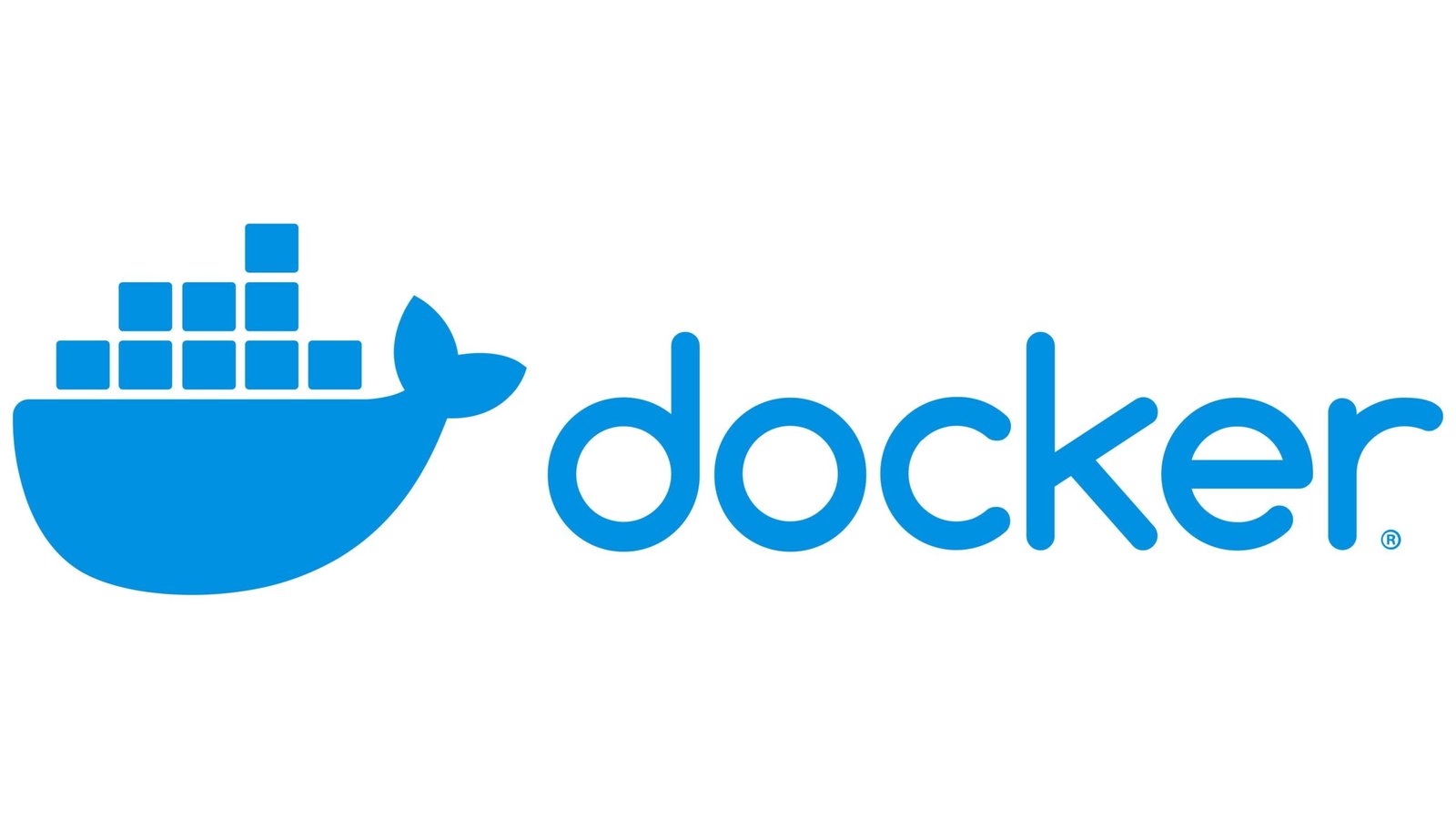In the ever-evolving world of software development, containerization has emerged as a game-changing technology. Docker, a leading platform for containerization, has transformed how developers build, ship, and run applications. This blog explores the importance of Docker for backend development and why it has become an essential tool in modern software engineering.
What is Docker?
Docker is an open-source platform designed to simplify application development by enabling the use of containers. Containers are lightweight, portable, and self-sufficient environments that include everything needed to run an application, such as code, runtime, libraries, and system tools.
Key Features of Docker:
- Portability: Run containers consistently across different environments.
- Lightweight: Containers share the host OS kernel, making them efficient and fast.
- Isolation: Ensures applications run independently without conflicts.
- Scalability: Easily scale applications by adding more containers.
Why is Docker Important for Backend Development?
Docker plays a pivotal role in backend development by addressing several challenges faced by developers and operations teams:
1. Simplified Deployment
Docker packages all dependencies into a single container, ensuring that the application runs seamlessly in any environment. This eliminates the common “it works on my machine” problem.
2. Consistent Development Environments
With Docker, developers can replicate production environments on their local machines. This consistency minimizes bugs and streamlines the debugging process.
3. Resource Efficiency
Docker containers are more lightweight than virtual machines because they share the host OS kernel. This efficiency reduces resource consumption and improves performance.
4. Scalability
Docker makes it easy to scale backend applications. By adding more containers, you can handle increased traffic or workloads without significant overhead.
5. Improved CI/CD Processes
Docker integrates seamlessly with continuous integration and continuous deployment (CI/CD) pipelines. It allows for rapid building, testing, and deployment of applications.
6. Isolation of Services
Backend applications often consist of multiple services (e.g., APIs, databases, message queues). Docker ensures each service runs in its own isolated container, preventing conflicts.
Key Docker Concepts
| Term | Description |
|---|---|
| Image | A read-only template with the application and its dependencies. |
| Container | A running instance of a Docker image. |
| Dockerfile | A text file with instructions to build a Docker image. |
| Docker Hub | A cloud-based registry for sharing Docker images. |
| Volume | A mechanism for storing data outside the container’s file system. |
How Docker Enhances Backend Development Workflows
| Challenge | Docker Solution |
| Environment inconsistencies | Uniform containers ensure consistent environments across all stages. |
| Dependency conflicts | Containers encapsulate dependencies, avoiding conflicts. |
| Manual scaling | Docker enables automatic scaling through orchestration tools. |
| Long deployment times | Containers are lightweight, speeding up deployment processes. |
| Difficult CI/CD integration | Docker simplifies CI/CD pipelines with consistent containerized builds. |
Popular Use Cases of Docker in Backend Development
- Microservices Architecture: Docker allows developers to build, deploy, and manage microservices independently.
- Database Management: Run databases like MySQL or MongoDB in containers for testing and development.
- Cloud-Native Applications: Docker containers integrate seamlessly with cloud platforms.
- Testing and QA: Spin up isolated environments for testing without affecting production systems.
Best Practices for Using Docker in Backend Development
| Practice | Description |
| Use Multi-Stage Builds | Minimize image size by separating build and runtime stages. |
| Avoid Hardcoding Credentials | Use environment variables or secret management tools. |
| Optimize Images | Use lightweight base images like alpine when possible. |
| Monitor Container Resources | Use tools like Prometheus to monitor resource usage and performance. |
| Regularly Update Images | Ensure images are up-to-date to include the latest security patches. |
Popular Docker Tools and Ecosystem
| Tool/Service | Description |
| Docker Compose | Simplifies multi-container application management. |
| Kubernetes | Orchestrates containers at scale for deployment, scaling, and management. |
| Portainer | Provides a graphical interface for managing Docker containers. |
| Docker Swarm | Native clustering and orchestration tool for Docker. |
Conclusion
Docker has revolutionized backend development by providing a lightweight, portable, and consistent environment for applications. By containerizing your backend, you can streamline deployment, reduce conflicts, and improve scalability. Whether you’re a developer or part of a DevOps team, mastering Docker is an essential step towards building modern, cloud-native applications. Its ability to simplify complex workflows, enhance scalability, and improve resource efficiency makes Docker indispensable for backend development.

